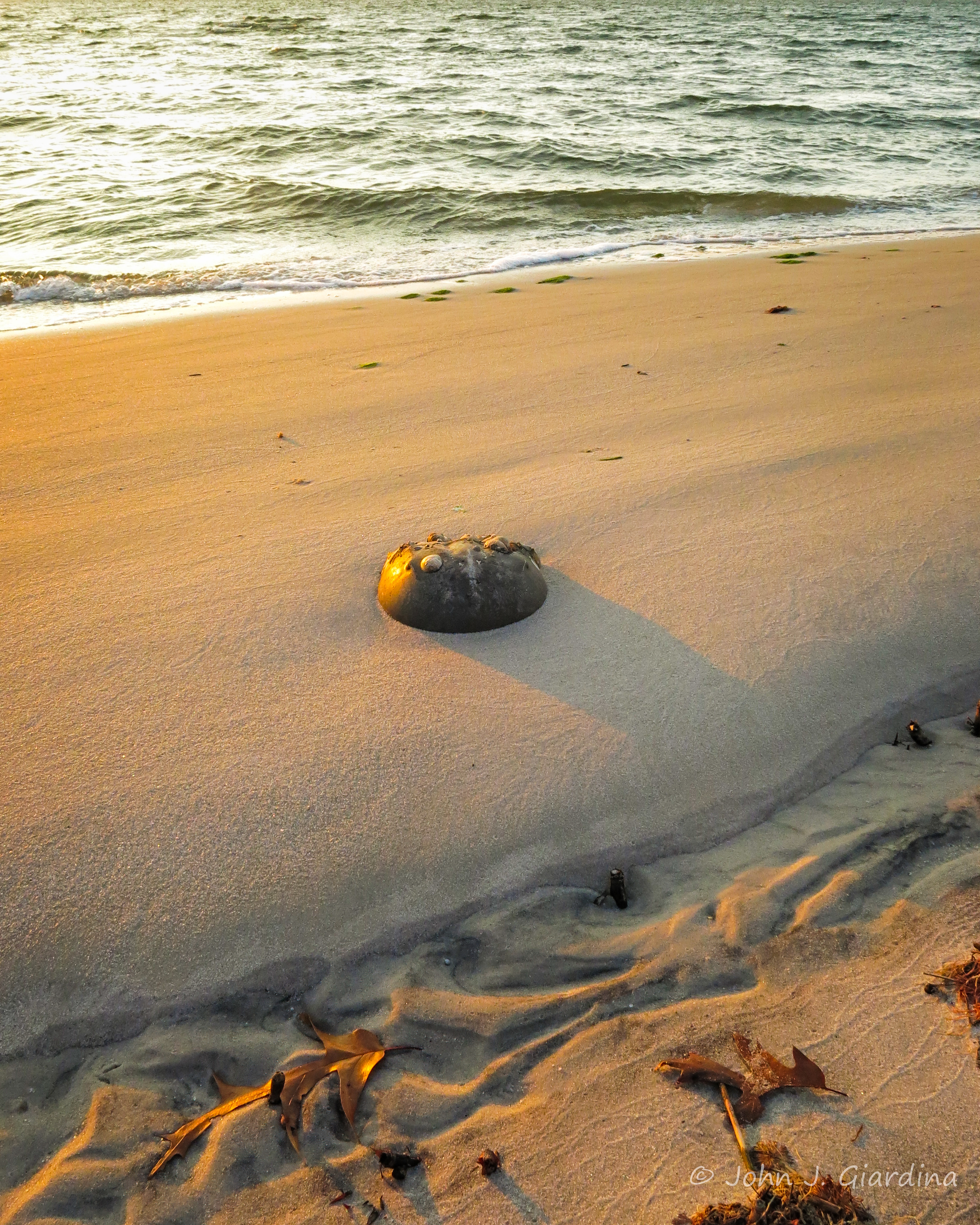‘Vertigo,’ the peculiar feeling I had on this otherwise lovely sunset evening on the sandy eastern shore of Rehoboth Bay.
Have you ever felt like you were emotionally falling? That everything happening in your life was just too much? More often than we might admit, many of us have that uncomfortable sensation, the immobilizing anxiety we know we should overcome but sometimes can’t. Maybe even now you’re feeling it? I want to assure you that there’s a way through.
Fighting anxiety is a quest for happiness. And unless you need professional care for clinical depression and anxiety, the power to choose happiness is yours to wield. The key is to understand where you’re using your emotional energy.
When you spend too much of your time on things beyond your control, you use up a lot of your emotional energy. You feel drained, anxious, and tight in the chest. Frankly, you allow yourself to be unhappy. But when you, the noble person of great intrinsic worth that you are, realize the truth that you control only what you think, say, and do, you regain your power. Power over your emotional energy. And with that power comes happiness.
Happiness doesn’t depend upon anything besides you because you no longer need concern yourself about other people’s choices or what the weather is or how busy the traffic is on your commute. Those are things you don’t control so they don’t deserve much emotional energy. Focus primarily on you, your work, and the way you react to events. You do have dominion over that, your inalienable power to choose your response.
Banish the unsteadiness of being adrift emotionally, worried about things over which you have no control. Conquer yourself and use your emotional energy and intellect only on that which you control. What you think. What you say. What you do. And be happy.
‘Residuum,’ the interesting things left behind during a lovely sunset evening on the sandy eastern shore of Rehoboth Bay.
Many of us dream of downsizing. We like the idea of getting rid of some of the extra stuff we’ve accumulated that seems to be owning us instead of us owning it. But leaving things behind is often very difficult. We value our stuff; in many ways, we think it represents our lives. But does it really?
If you think about it, the legacy we leave behind is maybe our most important possession. What we hope our closest family, friends, and colleagues will say about us at our own memorial reflects our most foundational values but also often betrays our deepest regrets. Will we be remembered for the rich relationships we nurtured, the abundant value we brought to their lives, and the joy and happiness we freely shared? Or will our eulogy be far more shallow?
We can all decide to change our legacy for the better, today, right now. No matter what we’ve already done that violated our bedrock principles is over with and cannot be undone. What is past is past. But the future begins now and we can choose, from this moment forward, to do that which does build relationships, which does add value, and which does bring joy. That choice is ours to make.
Peace and be well, my friends. May your legacy be what you choose it to be.
‘Detritus,’ the remains of old beginnings giving way to new generations, during a lovely sunset evening on the sandy eastern shore of Rehoboth Bay.
Everything eventually ends. When something is over, it could be an occasion to joyfully celebrate. In other circumstances, an ending might call for sorrowful grieving. Either way, all we can know is that some task or project or phase of life has either been completed or abandoned. So many projects are energetically launched but quickly deserted when the work grows hard or tedious. But perhaps it's wise to recognize that many sad endings aren't entirely our fault. Some endings may happen despite our best efforts because of choices or events beyond our control. Good or bad, it's easy to feel a bit lost when something we worked on diligently no longer has need of us. When an ending occurs without victory or satisfaction, it is easy to lose confidence. Our self-esteem can take a hit, at least for awhile.
The famed Roman statesman and orator Seneca the Younger, born in Cordoba, Spain at roughly the same time as Jesus, thought much about this idea since his life was a repeating cycle of triumph and tragedy. He taught from painful experience that, "Every new beginning comes from some other beginning's end." This timeless phrase of hope is undoubtedly more familiar to modern audiences as a direct quote of Seneca by singer Dan Wilson for his band Semisonic's 1998 hit song "Closing Time." The concept seems achingly obvious, even simplistic, but simple things are often the most powerful of all: No matter what has come to pass, or what has finished, or what is over, there will be something new arising.
As much as we may regret what has just ended, we can be assured that a fresh beginning is right around the corner. We can be confident that, with patience, what unhappy conclusion we now mourn will someday be but a memory and that its ending will open the door to something new. The remains of the past become irrevocably stored in our spirits and are best used to help build the new, better future. It's all part of the great circle of life.
Peace be with you, my friends. Every new beginning comes from some other beginning's end. What's ended for you recently that cleared space for something new to begin?

Vertigo

Residuum
